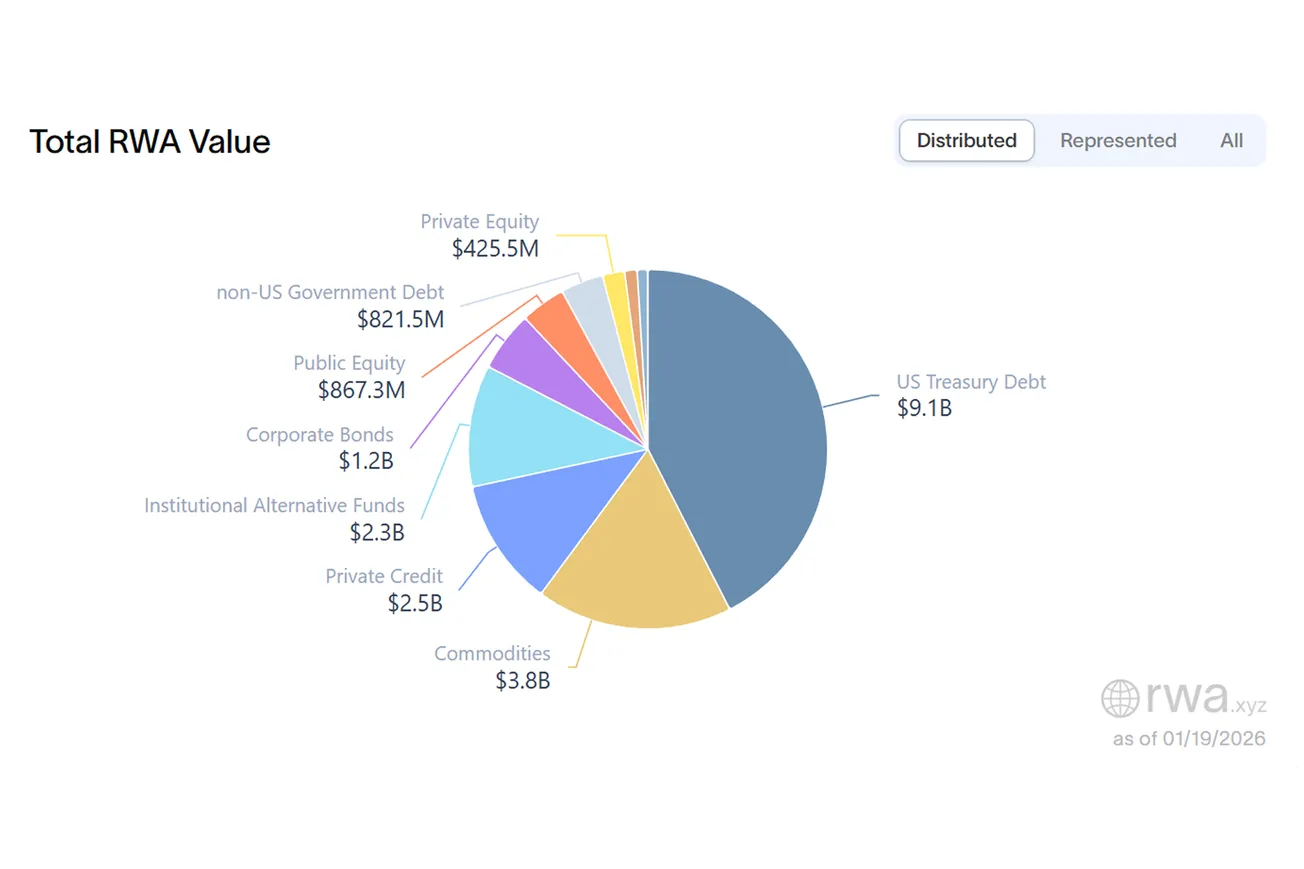Table of Contents
The City of Detroit filed lawsuit against blockchain real‑estate platform RealT today, alleging the startup sold digital tokens for houses that never existed. Local outlet BridgeDetroit earlier highlighted violations at hundreds of rentals tied to the firm, noting broken plumbing and fire hazards. Tenants are now allowed to place rent in court‑run escrow while repairs proceed.
French crypto daily CoinTribune later accused RealT of hawking “tokens without bricks” to global investors. “This is the largest nuisance abatement case in our history,” said Corporation Counsel Conrad Mallett, arguing the firm hid behind blockchain jargon to skirt landlord duties. The complaint names 165 shell companies and seeks funds for emergency repairs and unpaid taxes.
RealT, launched in 2019, lets buyers purchase small shares of U.S. rental homes with crypto. It claims 65,000 investors and annual yields paid in stablecoins. In Detroit alone the company controls about 400 properties; city inspectors say many lack heat, running water or valid occupancy certificates. RealT blames past managers and says repairs are under way.
The case intensifies calls for tougher rules on real‑world‑asset platforms. Michigan lawmakers are drafting a bill that would force token issuers to record deeds before marketing shares, while U.S. securities officials warn that smart‑contract trust “does not replace basic title work.” Analysts say a clear rulebook is vital if property tokenization is to move beyond early adopters and regain public confidence.









